【新唐人2011年8月24日訊】中共國務院規定公開三公消費期限的一個多月之後,外交部,僑辦和港澳辦等三個部門仍然遲遲不予公開。在媒體的追問下,週一外交部回應說今年不打算公開三公消費,理由是涉及國家秘密。而全國人大代表葉青估計,外交部的「『三公經費』會是一個天文數字」。
在大陸98個中央部門中,截至8月9號,只有外交部、港澳辦和僑辦,還沒有公布「三公」經費,也就是公款出國、公務接待、公務用車的費用。8月22號大陸媒體致電外交部,外交部財務司表示,今年外交部將不公開「三公」經費,原因是有關預算涉及國家秘密。
「中國藝術研究院」學者吳祚來認為,國家秘密經費和三公消費是兩個領域,不應該混為一談。
吳祚來:「1.11 如果涉及到國家秘密的部分,他應該有特別的經費,他不應該把三公消費也作為國家秘密,三公消費是三公消費,國家秘密是國家秘密,國家秘密應該有別的渠道。比如說從國防經費或者從安全部經費,應該從那裏支出。」
湖北省統計局副局長葉青說,除了國家安全局等幾個涉及國家安全的部門的資料可以不公開之外,剩下的部門不能例外。葉青也表示:外交部駐外使館眾多,外交禮儀要求用高檔汽車,估計外交部的『三公』會是一個天文數字。
吳祚來指出,中共官員應該學習美國副總統拜登,和美國駐華大使駱家輝的廉潔作風。
吳祚來:「2.44你看美國副總統來吃炸醬麵不也挺好的嗎?駱家輝他背一個包,自己提著包,帶著孩子,平民化的作風,共產黨員應該學習。」
《經濟觀察網》的評論說,外交部以保密為由,暫不公開三公經費,邏輯上難以成立。惟一可能的情形是,外交部把本部門人員出國從事外交業務的差旅費及在海外請客費用,都統統納入了三公經費的公費出國、公費接待費用的會計課目之內,與本質意義上的三公開銷混在了一起,如此這般,外交部的三公經費當然會非常巨大而且「難堪」。
《中國保險報》評論主編童大煥表示,三公消費的龐大支出難以遏制的原因是,缺乏公開透明的財政制度,以及人大橡皮圖章沒有審議和批准的實權。
童大煥:「8.44他又沒有監督。他花別人的錢肯定是不心疼的。一個是花在自己身上。一個是拿出去投資,搞成一個投資型的社會。而這個投資又通過利益渠道,比如像高鐵,其實都流入到私人腰包。本來說不定高鐵一公里是五千萬,結果在他們的預算變成一億五千萬說不定。」
2006年,國家行政學院教授竹立家曾在中央黨校刊物《學習時報》指出:政府部門每年的公車消費、公款吃喝、公費出國三項支出高達9000億元。2000年《中國統計年鑑》顯示,1999年的國家財政支出中,僅幹部公費出國一項消耗的財政費用就達3000億元。
根據《人民網》統計,截至8月18號,在94家已經披露的中央部門當中, 「三公經費」 2010年合計65億元。而經財政部匯總的2010年中央行政單位、事業單位和其他單位“三公”支出,合計94.7億元。
新唐人記者秦雪、周平採訪報導。
CCP Refuses to Disclose Public Fund Details
It』s been more than a month since the State Department of the
Chinese Communist Party (CCP) announced a deadline
for three public funds, yet, the Ministry of Foreign Affairs
(MFA), Overseas Chinese Affairs (OCA) and the Hong Kong
and Macao Affairs (HKMA) have yet to announce theirs.
The MFA responded to the media saying that they decided not to
announce the news this year, because information
relating to the three public funds involved “state secrets.”
National People』s Congress (NPC) representative,
Ye Qing, said the dollar amount of the three public funds
could be unbelievably massive.
In 98 CCP state departments, the MFA, OCA, and HKMA
are the only three departments that have not announced
the three public funds, which are public funds for going
abroad, receiving business contacts, and business vehicle use.
The MFA told the Chinese media on August 22 that
they will not announce details of the three public funds,
due to budget concerns involving state secrets.
Wu Zuolai from the China Art Research Institute said
the state』s confidential funds and the three public funds
are simply two irrelevant concepts.
Wu Zuolai: “Any funds relating to state secrets should be
gained from a specific source,
such as the state defense expenditure
or state security expenditure,
but the three public funds essentially have nothing to do
with state secrets.
Ye Qing, deputy director from the Hubei Bureau of Statistics,
said no departments were authorized to make their data public,
except the State Security Department.
He also said that given the fact that luxury vehicles are
extensively used to demonstrate diplomatic etiquette,
and the fact that there are so many Chinese embassies in
other countries,
the dollar value of the three public funds could be massive.
Wu Zuolai said CCP officials need to learn from U.S.
VP Biden and the U.S. Ambassador to China Gary Locke.
Wu Zuolai: “Hadn』t the Biden』s set an example
when they came to dine in a simple noodle restaurant?
And hadn』t Gary acted like an ordinary citizen
when he carried a bag in hand, leading his child?
These are lessons that CCP members need to learn.”
A critic from the Economic Observer Online said that
it is unreasonable for the MFA to
hide details of the three public funds,
erroneously referring to them as state secrets.
It doesn』t make sense that the MFA includes private business
travel and living expenses of their members in the three funds,
which render the essential three public funds amount
embarrassingly considerable.
Critique editor, Tong Dahuan, from China Insurance News,
said that the three public funds are so heavily funded
due to the lack of fiscal transparency and
the NPC』s inability to authorize and monitor the funds.
Tong Dahuan: “Without proper supervision,
the money can be recklessly squandered.
It can also be used for private purposes or be embezzled
under the guise of “investments,” meaning,
the funds often end up in the pocket of officials,
as in the case of the high-speed train.
It should have cost only 50 million yuan (US$7.8 million)
to build one kilometer (0.62 miles) of the rail,
but officials falsely reported that it cost 150 million yuan
(US$23.4 million), or so.
Professor Zhu Lijia from National School of Administration
said in the CCP periodical, The Study Times, that
the annual government public fund spent
900 billion yuan (US$140.67 billion) on
vehicle usage, dinner expenses, and going abroad.
The China Statistical Yearbook of 2000 shows that
the CCP officials overseas』 expenses in 1999 alone
amounted to 300 billion yuan (US$46.89 billion).
NTD reporters Qin Xue and Zhou Ping
看下一集

【禁聞】卡扎菲急逃竄 中共頻“變臉”
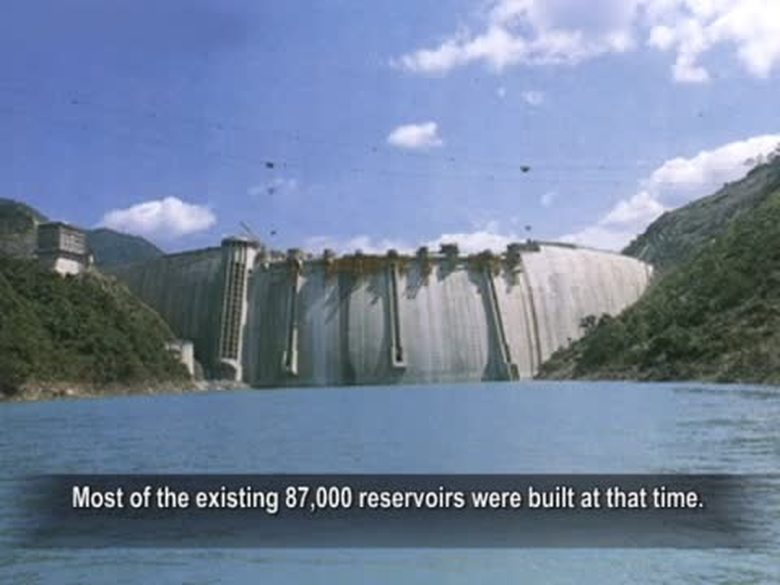
【禁聞】中國4萬病險水庫 難治又難拆
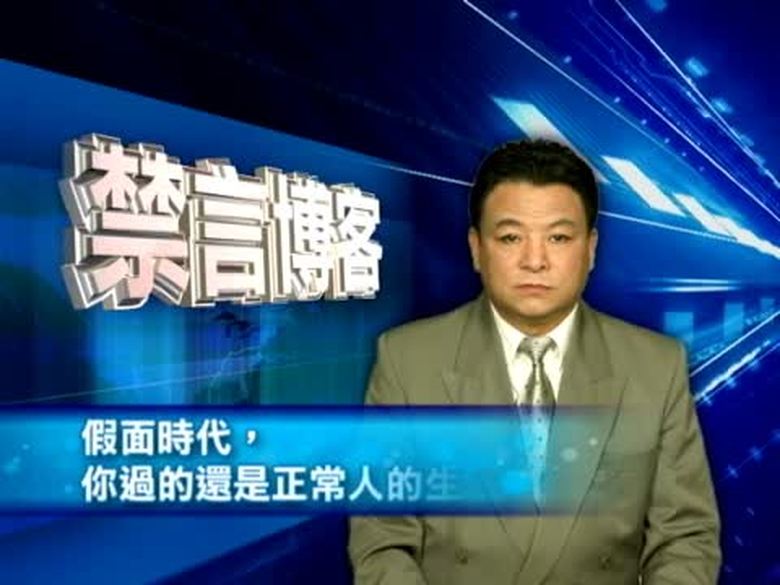
【禁言博客】誰才是真“土匪”?
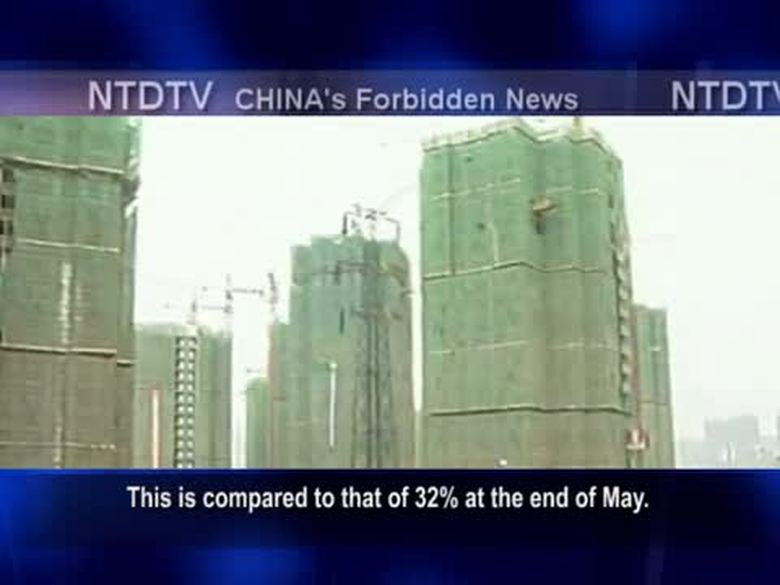
【禁聞】陸保障房賽高鐵 豆腐渣工程露相
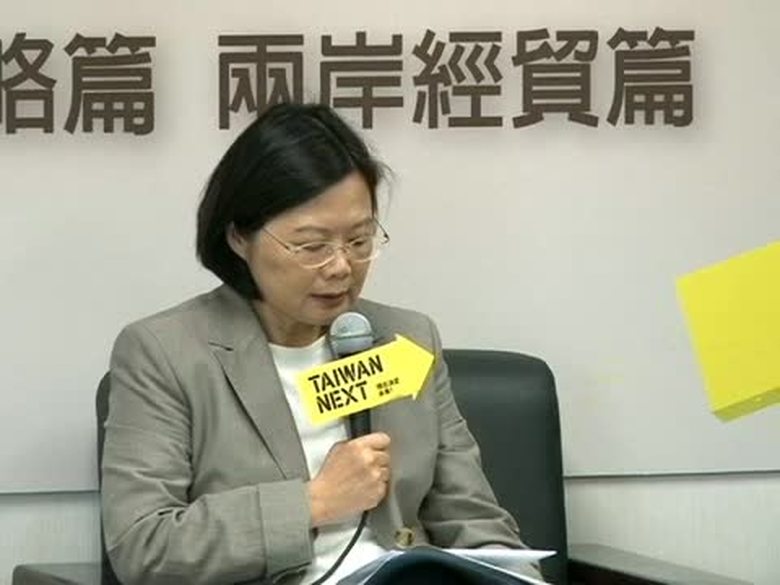
【禁聞】蔡英文提兩岸十年政綱 馬英九回應
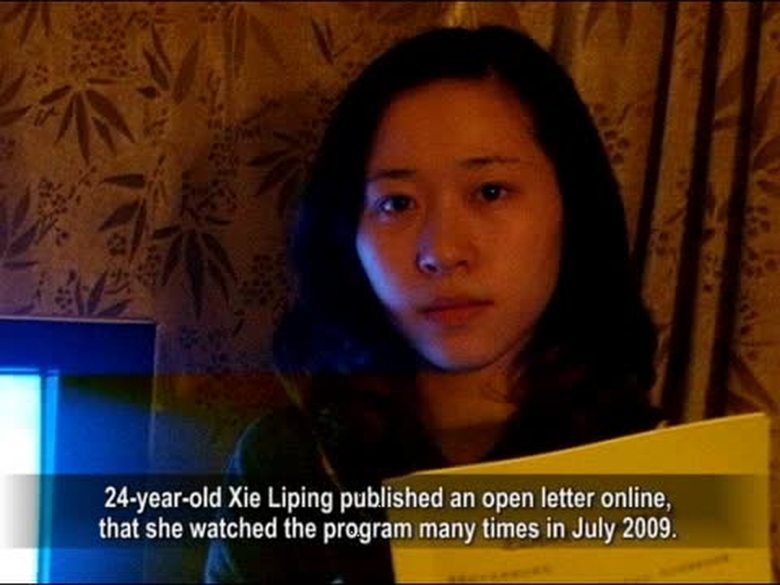
【禁聞】央視虛假廣告 受害民眾挺身揭露
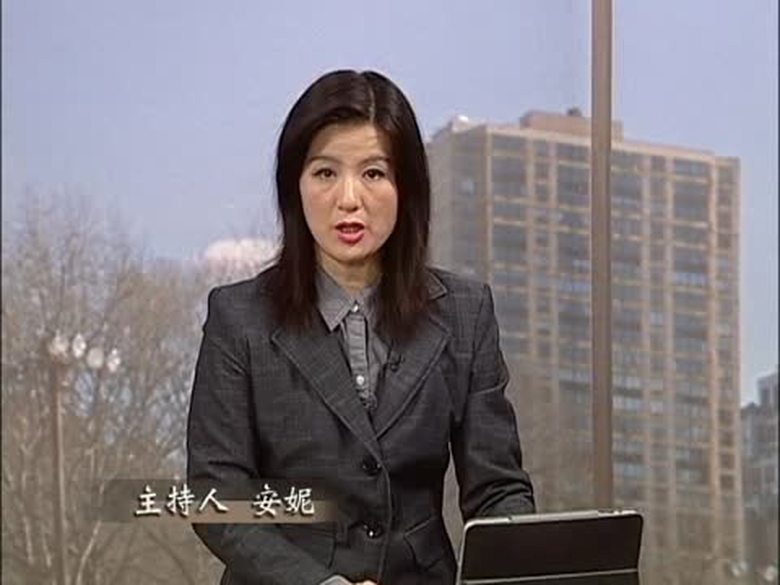
【禁聞論壇】中國人為甚麼仇官仇富?
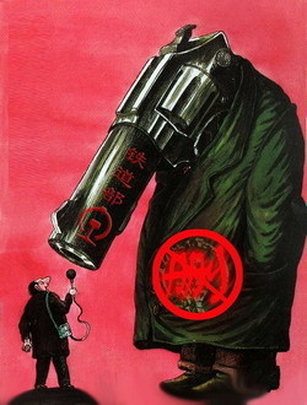
【禁闻】劉淇警告微博 軍警攻網 涉高層權鬥
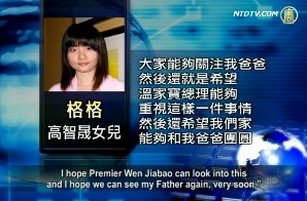
【禁聞】高智晟無音信 女兒致信溫家寶求救
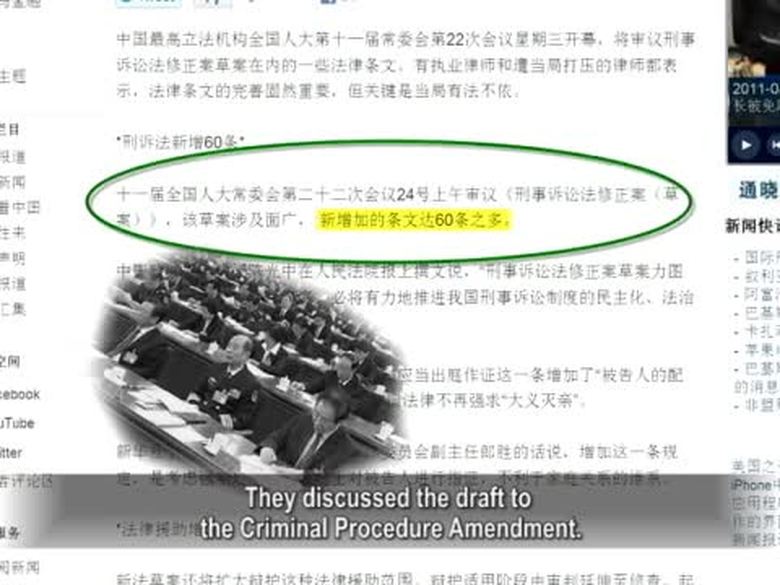
【禁聞】大陸刑訴修法 律師:再造貞節坊
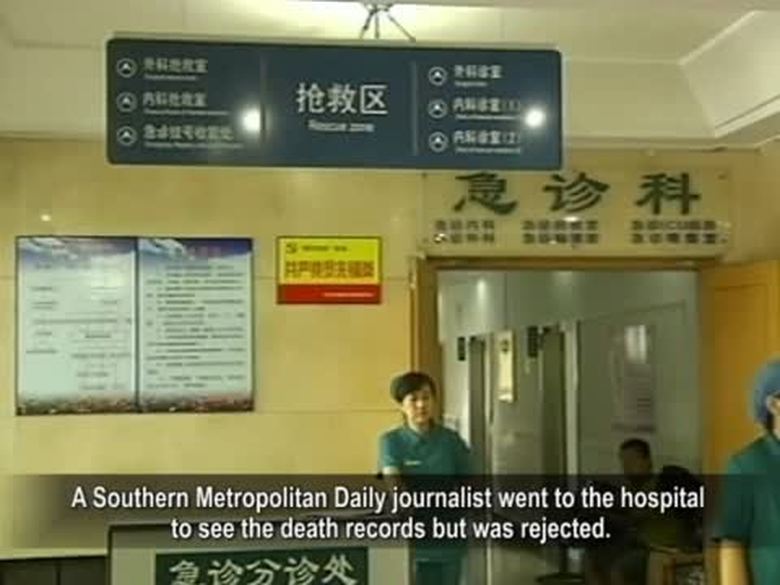
【禁聞】動車事故報告與馬騁之死
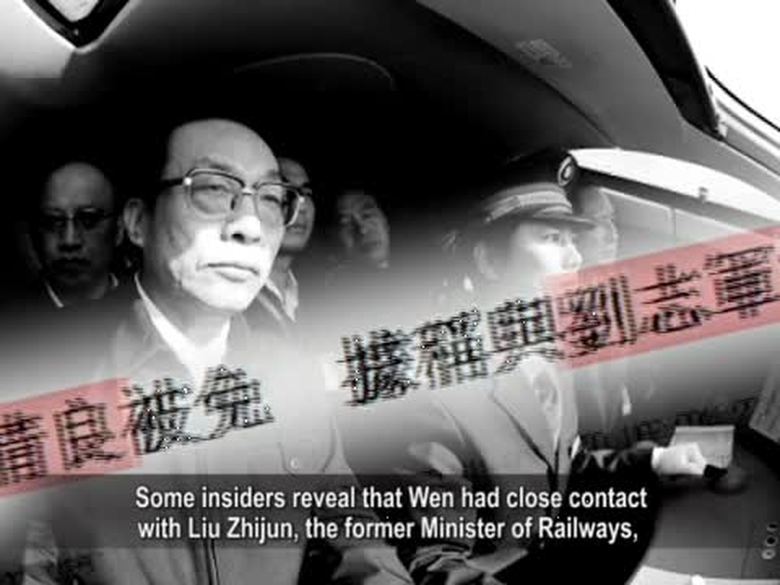
【禁聞】鐵道部連續劇「拔出蘿蔔帶起泥」
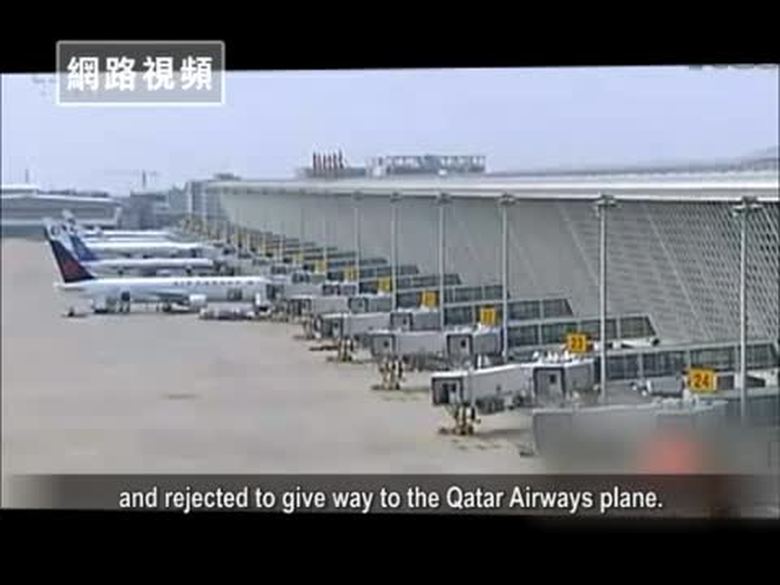
【禁聞】吉祥航空「不吉祥」 寧撞機不退讓
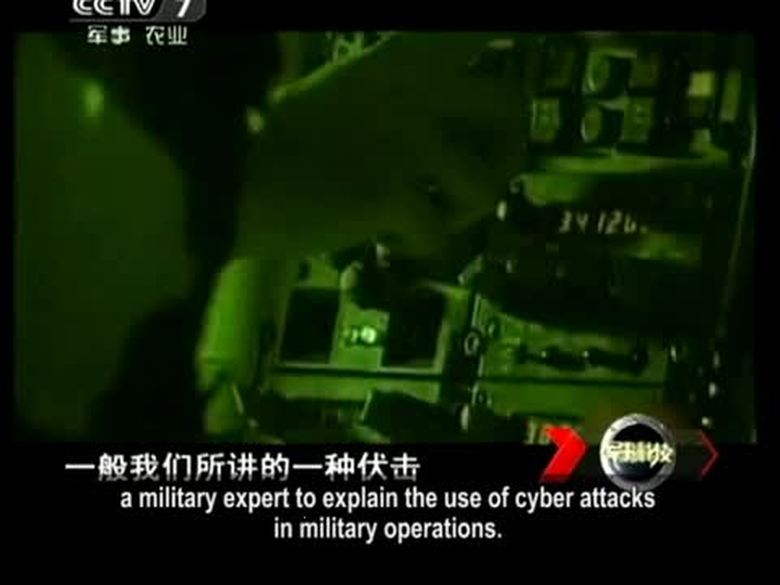
【禁聞】中共軍方攻擊法輪功網站 美方關注
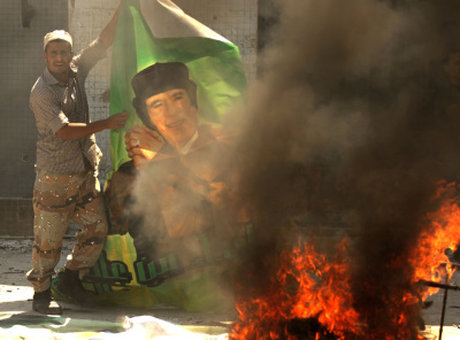
【禁聞】利比亞變天 輿情火熱 中共尷尬
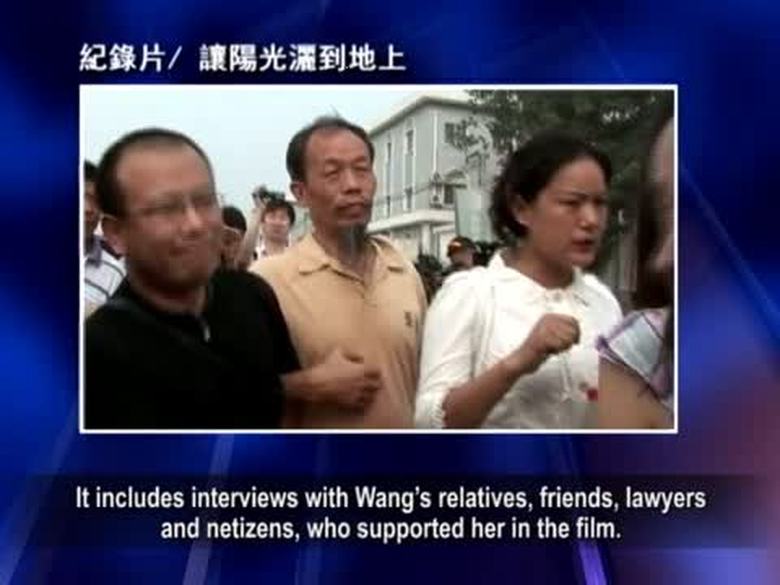
【禁聞】王荔蕻羈押入獄 艾曉明記錄片聲援








